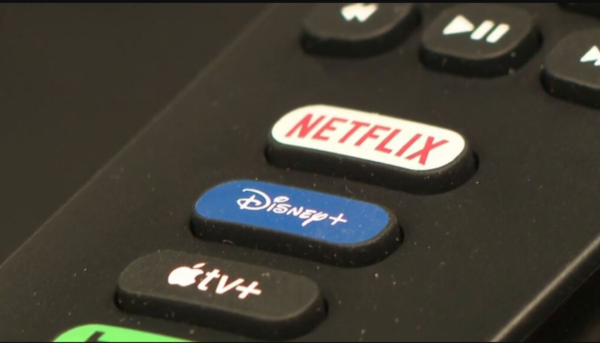In order to rescue the MTA’s deteriorating finances in the wake of the COVID-19 outbreak, Governor Kathy Hochul’s proposed 2024 budget contained a substantial payroll tax hike. In their response to the One-House Budget plan, the State Assembly included Uber fees and streaming service levies.
The proposed 4 percent digital streaming sales tax would primarily benefit the Metropolitan Transportation Authority and the subway system.
Pedro Benitez, a native of Rochester, states that the fact that New York City receives everything is one of the city’s most persistent problems. “Thus, I am opposed to taxing the rest of the state for a problem in New York City.”
Peter Humphreys, a resident of Upstate New York, asks: “If we’re going to be supporting metro expenses in New York City relative to the rest of the state, what other levy are they going to take out of their back pocket on the taxpayers of New York State to pay for their discrepancies downstate?”

The Assembly’s “Netflix tax” plan for the MTA garners support. Frustration in the Upstate
State Assembly Democrat Phil Steck does not favor this tax, although he acknowledges that the influence of New York City on the rest of the state is one of the grounds for the tax.
“The counterargument is that we all benefit from New York City’s prosperity,” he explains. It’s only right that Wall Street, which benefits from the MTA, contributes to its funding.
Assembly Democrats claim they want to prevent an MTA rate increase, which is why the streaming sales tax is being considered, despite neither Governor Hochul nor the State Senate included it in their budgets.
Jake Ashby, a Republican state senator, asserts that the MTA is supported by a significant sum of money. “I get it. It’s a massive transit system, but the gap between the MTA and the rest of New York State’s transportation system is rather lopsided.”
A number of states and towns, including Chicago, Illinois, have introduced “Netflix tax” amendments.

